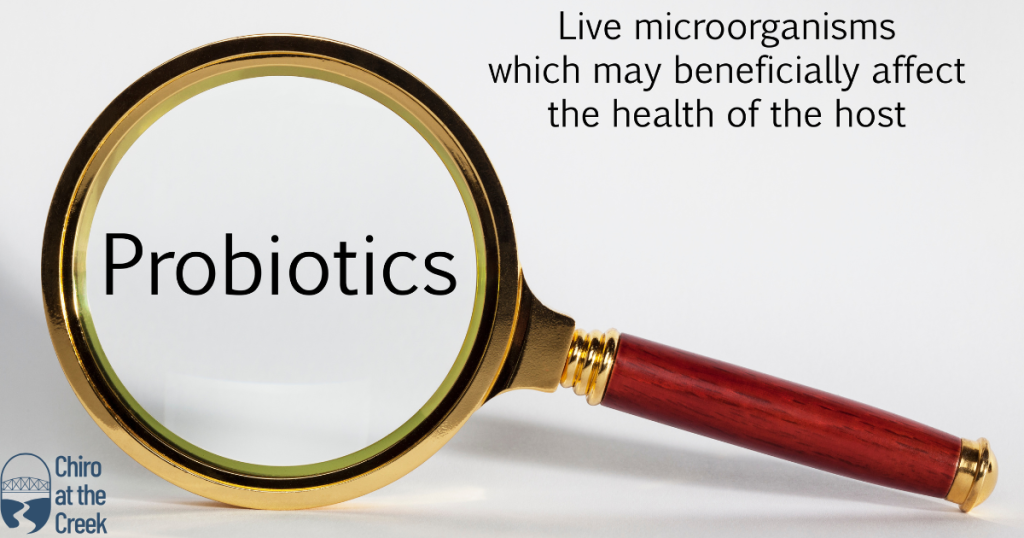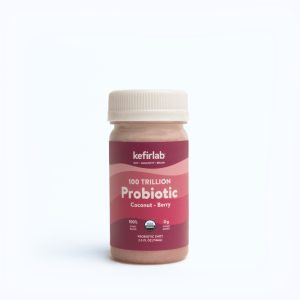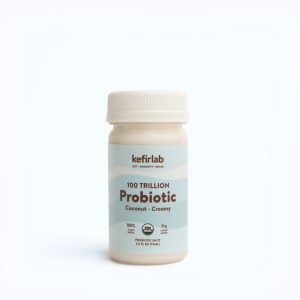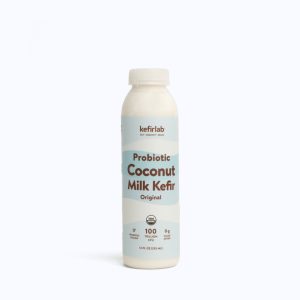Probiotics or Prebiotics: Which One Does Your Body Need? – ProbioticsX

Probiotics or Prebiotics: Which One Does Your Body Need?
Understanding the Difference: Probiotics vs. Prebiotics
When it comes to maintaining a healthy gut, the terms “probiotics” and “prebiotics” are often thrown around. While they may sound similar, these two substances play different roles in promoting optimal gut health. Probiotics are live bacteria and yeasts that are beneficial for your digestive system, while prebiotics are non-digestible fibers that serve as food for these beneficial bacteria. Understanding the difference between probiotics and prebiotics is crucial in determining which one your body needs.
Probiotics, often referred to as “good bacteria,” are naturally found in your body and can also be consumed through certain foods and supplements. These live microorganisms help maintain a healthy balance of bacteria in your gut, which is essential for proper digestion and overall well-being. Probiotics have been shown to improve digestion, boost the immune system, and even alleviate symptoms of certain digestive disorders such as irritable bowel syndrome (IBS) and inflammatory bowel disease (IBD).
The Benefits of Probiotics for Your Body
The benefits of probiotics extend beyond just improving digestion. Research has shown that these beneficial bacteria can also have a positive impact on mental health. A study published in the journal “Gastroenterology” found that individuals who consumed probiotics experienced reduced symptoms of anxiety and depression compared to those who did not. This suggests a strong connection between gut health and mental well-being.
Furthermore, probiotics have been found to enhance nutrient absorption, particularly for vitamins and minerals. This is because they help break down food and release nutrients that would otherwise be inaccessible to the body. Additionally, probiotics can aid in the production of certain vitamins, such as vitamin K and some B vitamins, which are essential for various bodily functions.
Exploring the Power of Prebiotics in Gut Health
While probiotics receive much of the spotlight, prebiotics play an equally important role in maintaining a healthy gut. Prebiotics are non-digestible fibers that serve as food for the beneficial bacteria in your gut. They are found in various foods such as bananas, onions, garlic, and whole grains. By nourishing the good bacteria, prebiotics help them thrive and multiply, creating a balanced and diverse gut microbiome.
One of the key benefits of prebiotics is their ability to promote regular bowel movements and prevent constipation. They act as a natural laxative by increasing the bulk and softness of stools, making them easier to pass. Additionally, prebiotics have been shown to improve mineral absorption, particularly calcium, which is essential for maintaining strong bones and teeth.
Finding the Right Balance: Probiotics and Prebiotics for Optimal Health
While both probiotics and prebiotics offer unique benefits, it is important to strike a balance between the two for optimal gut health. Consuming a variety of probiotic-rich foods, such as yogurt, kefir, sauerkraut, and kimchi, can help introduce beneficial bacteria into your gut. Additionally, incorporating prebiotic-rich foods into your diet, such as asparagus, oats, and legumes, can provide the necessary fuel for these bacteria to thrive.
It is worth noting that the effectiveness of probiotics and prebiotics can vary from person to person. Factors such as age, diet, and overall health can influence how these substances interact with your gut microbiome. Therefore, it is advisable to consult with a healthcare professional or a registered dietitian to determine the best approach for your specific needs.
In conclusion, both probiotics and prebiotics play crucial roles in maintaining a healthy gut. Probiotics provide live bacteria that support digestion, boost the immune system, and even improve mental health. On the other hand, prebiotics serve as food for these beneficial bacteria, promoting a diverse and balanced gut microbiome. By incorporating both probiotic and prebiotic-rich foods into your diet, you can achieve optimal gut health and overall well-being. Remember, a healthy gut is the foundation for a healthy body.




